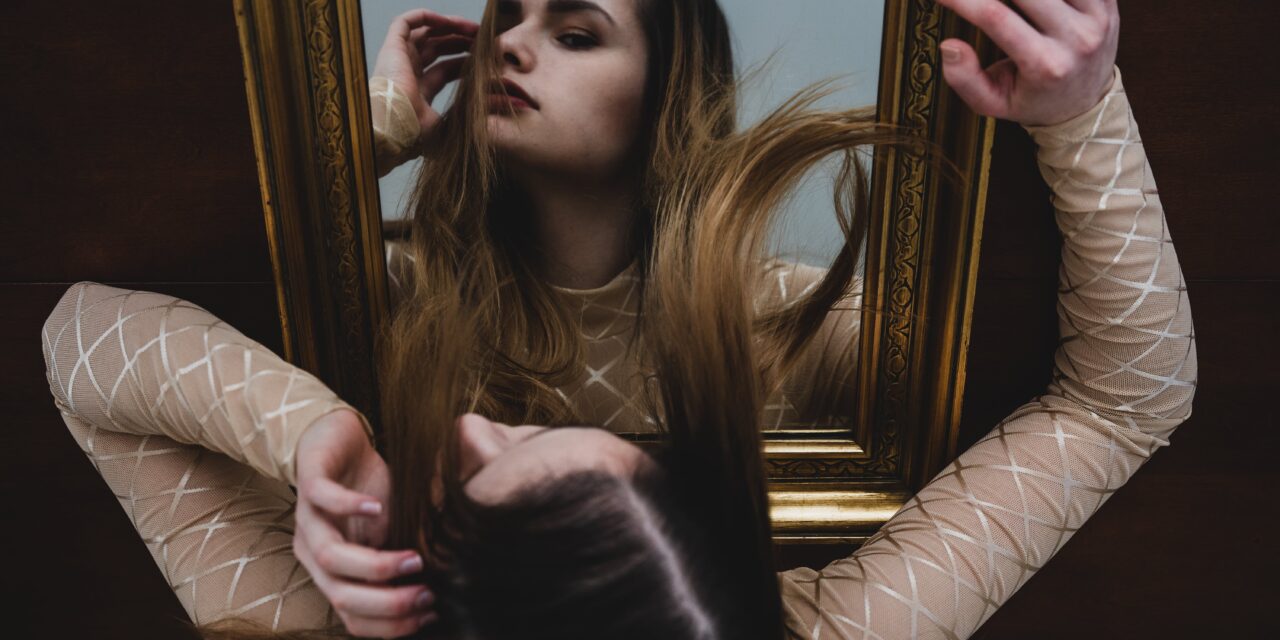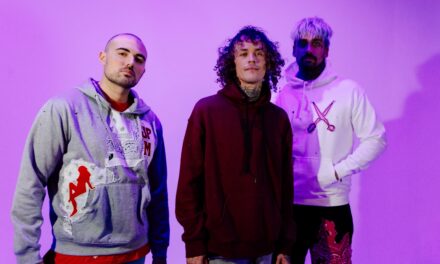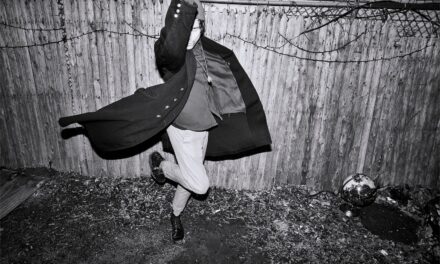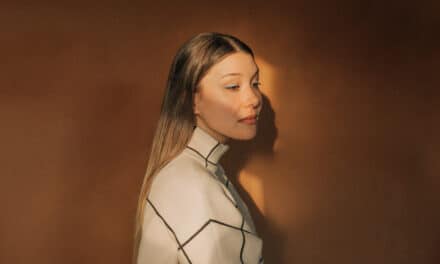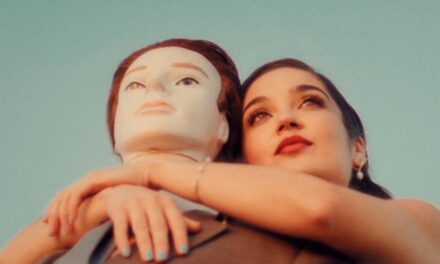When reality became too much, ELUNIA created an alternative existence. A singer-songwriter-producer executing all of her own visuals, the New Hampshire-based recording artist captures the endless meaning of human interaction as an immersive experience. Her music delves beneath the surface, with striking electronic textures, soaring melodies, and observant, probing lyrics.
Although trained in music from an early age, it was the discovery of transforming feelings into creative entities that inspired the emerging songsmith to chart a different path. The multi-instrumentalist began writing and producing incessantly, hiding away in school practice rooms as a coping mechanism for the isolation she faced in the world around her.
Fragments of thought noted in the midst of heart-wrenching moments evolved into ethereal, liquid atmospheres. Co-producing with multi-million streamed producer JMAC (Haux, Luz), the result is a flood of wild self-expression channelled through cinematic soundscapes.
Her latest release “Pressure Points” speaks of idolizing someone through a struggle with mental health and the fear of losing them. ELUNIA describes, “It’s not like someone is outright saving you, but more that they’re just existing in the right places and the right ways, and it’s really subtle, but that makes it all the more powerful.”
ELUNIA is inspired by unique sonics that pushes boundaries, alongside currents of inexplicably raw, human emotions. The genre-bending, alt-pop essence radiates through her music, with the introspective single oozing in intimacy and vulnerability.
“Pressure Points” features cries of hazy guitar falls and atmospheric keys, all shimmering with authenticity. The mellow track includes original voice memos with birdsong floating in the background, resulting in a hypnotic and peaceful delivery and ultimately giving listeners a moment to breathe and appreciate our inner strength.
Tell us about your latest release and how it came about.
“Pressure Points” came about one afternoon in the middle of summer with all of the windows open. I finally felt at peace with something inside of me, and the right chords stood out effortlessly, which is a rare occurrence. Lyrically, it’s about idolizing someone as the hope I was looking for through a struggle with mental health, and the fear of losing them.
At that time in my life, I felt like I was finally seen for my full potential, which gave me a glimpse of possibility when I could only see nothing before. You can hear the original voice memos in there from the day I started writing it with birds singing in the background, which felt so right to keep in since it’s quite a vulnerable song.
The idea of “pressure points” felt so strangely accurate to me when I came up with it – it’s not like someone is outright saving you, but more that they’re just existing in the right places and the right ways, and it’s really subtle, but that makes it all the more powerful.
What is the achievement or moment in your career you are the most proud of and why?
I think it would have to be creating the “Borderlines” music video, just because it materialized exactly as I had imagined it in my head. It was entirely self-directed, produced, and edited in quarantine – it was one of those concepts that came to me in the middle of the night, and then I couldn’t sleep afterwards. I suddenly just saw what it needed to be.
I saw two clones in sparse, white space; one like a blank canvas and the other slightly insane, painting their face and throwing paint. It symbolizes this idea of a split personality – one side of me wanted to conform, and the other wanted to tap into this wild creativity.
I asked a close friend if she would help me with the process and act in the video, and then it was a whirlwind of setting up a DIY studio space in my garage. Throwing the paint was actually done entirely in one take. I feel extremely proud that I was able to execute my vision and bring the song to life.
What are your thoughts on the current status of the music industry?
I think that the music industry could afford to lose some of its exclusivity. There’s a lot of gatekeeping that goes on, and it would be a much more transparent system if every artist had equal opportunities and could communicate directly with decision-makers.

